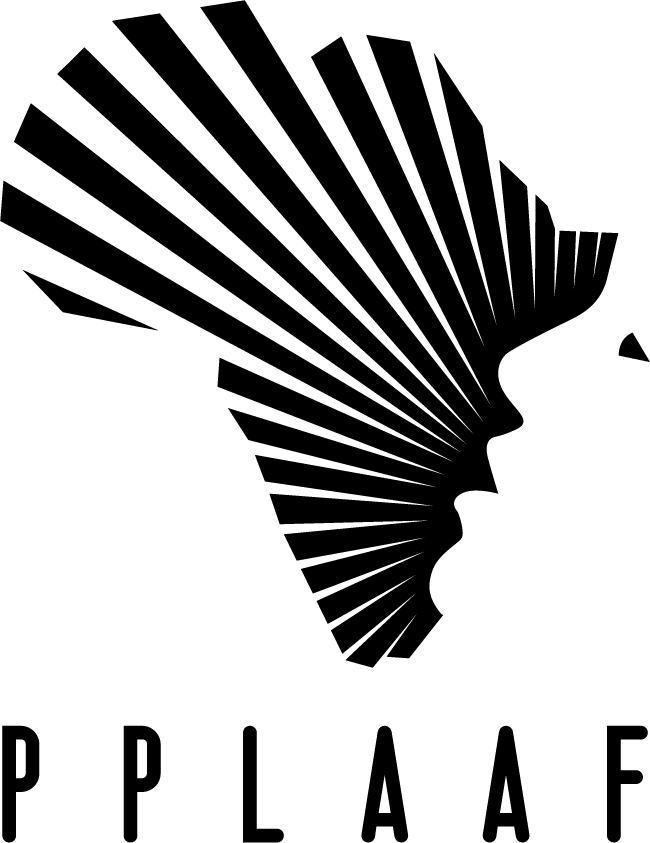On 5 – 6 September 2023, the Platform to Protect Whistleblowers in Africa (PPLAAF), the Zimbabwe Women Against Corruption Trust (ZWACT), and the Friedrich Naumann Foundation (FNF) hosted a two-day workshop on Corruption, Gender, and Whistleblowing. The workshop aimed to shed light on the often-overlooked intersection of corruption and gender while seeking solutions to create a safe and supportive environment for women to report corruption.
The Legal Framework in Zimbabwe:
One of the workshop’s early sessions, led by Melissa Chawareerwa and Caroline Rufu from the Zimbabwe Anti-Corruption Commission (ZACC), delved into the legal framework surrounding whistleblowing in Zimbabwe. Despite not having a standalone legislation for protected disclosures, Zimbabwe is bound by regional, continental, and international anti-corruption treaties. These include the SADC Protocol Against Corruption, the African Union Convention on Preventing and Combating Corruption, and the United Nations Convention Against Corruption. These agreements all emphasise the importance of protecting whistleblowers and witnesses.
Furthermore, Zimbabwe’s existing legislation, such as the Revenue Authority Act, the Public Entities and Corporate Governance Act, and the Prevention Of Corruption Act, provide provisions for whistleblower and witness protection. Additionally, the 2013 Constitution of Zimbabwe reinforces the commitment to combat corruption and protect those who expose it.
Challenges Faced by Women Reporting Corruption:
Fungai Lupande of the Zimbabwe Union of Journalists (ZUJ) facilitated a crucial session exploring women’s unique challenges when reporting corruption. Key themes that emerged included male counterparts undermining women’s competencies, patriarchal obstacles, sexual harassment, lack of resources, capacity issues, harassment, and reprisals. The media plays a pivotal role in the fight against corruption, demanding accountability and transparency from both the public and private sectors. Investigative journalism, in particular, serves as a powerful tool in exposing corruption and holding wrongdoers accountable. Although both male and female journalists face challenges in whistleblowing and combatting corruption, for women it takes another dimension when it comes to the harm they can suffer, underlying the need for gender-sensitive solutions.
The situations women journalists and whistleblowers find themselves in evoke an intricate relationship between gender and corruption. Gender and social roles deeply rooted in patriarchal backgrounds can expose women to higher risks and victimisation when dealing with corruption. Policies and strategies must recognise and address these linkages effectively.
Sexual Extortion as a Gendered Form of Corruption:
A significant session of the workshop was the discussion of sexual extortion as a gendered form of corruption. Hilda Mahumucha from Women and Law Southern Africa (WLSA) led a discussion that explored risks and vulnerabilities faced by women who expose corruption, particularly when it involves sexual exploitation or reproductive healthcare issues. The discussion included proposed solutions as well as the identification of strategies to employ such as resources and support networks needed to assist women whistleblowers. Despite its prevalence, it is often excluded from traditional definitions of corruption. Sexual extortion involves the abuse of power to obtain sexual favours, disproportionately affecting women when dealing with public services. Recognising this form of corruption is vital in creating safer environments for women whistleblowers.
For sextortion to be considered as an act of corruption, the following three conditions must be met1:
- Abuse of public office,
- Quid pro quo or “something for something” – the perpetrator requests or accepts sexual services in exchange for providing a benefit, and
- Psychological extortion – sexual extortion is based on coercive pressure rather than on psychological violence to obtain a sexual service. The imbalance of power between the perpetrator and the victim/survivor allows the perpetrator to exert coercive pressure.
The person requesting sexual activity must be in a position of authority, which he/she abuses by requesting or accepting a sexual act in exchange for performing the function entrusted to him/her – i.e., the perpetrators abuse their function for personal gain.
Women Journalists and Whistleblowers:
Facilitated by Buhlebenkosi Tshabangu-Moyo of the Media Institute of Southern Africa (MISA), participants identified strategies to create safe environments for women to report corruption and protect them from reprisals, it also looked at experiences of women journalists in reporting corruption. Key recommendations included:
- Publish Well-Researched Stories: Women journalists should prioritise well-researched and fact-based reporting to avoid legal repercussions and maintain credibility. Their reporting should be based on good faith without personal vendettas.
- Establish Safe Spaces: Safe spaces, both in policy and physical locations, should be created for women to seek help and share their experiences.
- Support for Victims of Job Loss: The workshop considered assisting women who lose their jobs as a result of blowing the whistle.
- Fully Funded Hotlines: To facilitate unfettered reporting of corruption, fully funded hotlines should be established to ensure that individuals can report without fear of repercussions.
- Strengthen Women’s Information Networks: National, regional, and international networks for women should be strengthened to facilitate information sharing and best practice dissemination.
- Information Sharing from Survivors: Platforms should be set up for survivors of reprisals to share their experiences and tips, promoting a supportive community.
- Establish Gender Desks at Media Houses: Gender desks within media organisations should be staffed by well-trained individuals who are knowledgeable about gender issues.
- Capacity Building and Enhancement: Training programs should encompass citizen journalism, corruption awareness, and whistleblowing to empower women journalists and whistleblowers.
Collaborative Efforts and the Way Forward:
The workshop emphasised the importance of collective action and collaboration. Women should not work in isolation but join forces to address corruption-related challenges effectively. Setting up whistleblowers protection desks, providing legal support, and creating incentives for whistleblowers were among the proposed strategies.
ZACC Commissioner Fungayi Jessie Majome called on civil society to convene further meetings with other commissions such as the Gender Commission, to get them involved in the discussions on the fight against corruption. This potential outcome for further engagement is promising for the possibility of collaboration with government agencies going forward.
The Workshop provided a platform for insightful discussions and recommendations. It underscored the urgent need to recognise and address gender-specific challenges faced by whistleblowers and women journalists in the fight against corruption. Collaborative efforts and gender-sensitive solutions will be instrumental in creating a safer and more just society where corruption is exposed, and whistleblowers are protected.
For more practical tips for journalists, refer to PPLAAF’s Guidelines for Journalists and Occupational Detriment 101.
PPLAAF is a non-governmental organisation established in 2017 to protect whistleblowers, as well as to advocate and engage in strategic litigation on their behalf when their revelations deal with the general interests of African citizens.
For more information on PPLAAF, please visit:
PPLAAF’s website: https://pplaaf.org
Facebook: https://www.facebook.com/PPLAAF/
Twitter: @pplaaf
Email: Info@pplaaf.org
- 2020. Transparency International. Breaking the Silence Around Sextortion: The links between power, sex and corruption. ↩︎




